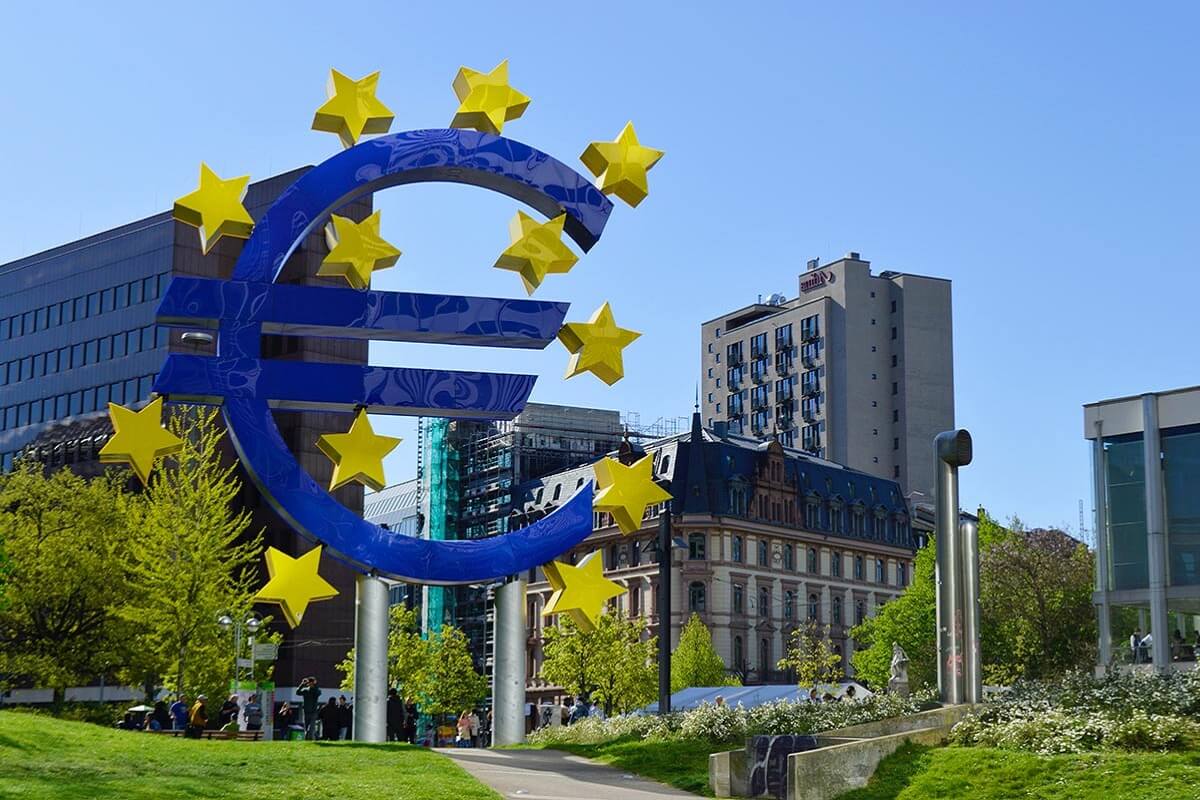
Is the Pound-Euro exchange rate likely to remain in Sterling’s favour?
Currency exchange is one of the biggest unknowns when buying property abroad. A slight fluctuation in a stock exchange or wobble in geopolitics can send rates spiralling up or down. And often, literally overnight. As a result, a rate shift can add or subtract thousands of euros to or from your buying costs.
Spanish property buyers with Sterling funds had some good news earlier in June when the Pound-Euro rate reached its highest for five months. The 2023 zenith came about as the Sterling rallied on the back of lower inflation than expected in the Eurozone and strong results from the German economy.
But is the Pound-Euro exchange rate likely to remain in Sterling’s favour? This article explains the reasons behind the current five-month high and why it could continue.
The backstory
Brexit and the pandemic sent Sterling tumbling between mid-2017 and mid-2021. However, it rallied in late 2021 and 2022, reaching a high of €1.20. Nevertheless, high inflation and soaring interest rates during 2023 took their toll on the Pound.
But in early June, the tables changed, and the Pound benefitted from three economic factors.
Inflation rate
The Eurozone inflation rate in May stood at 6.1%, down from 7% in April and below the market expectations of 6.3%. A decrease in energy prices was the main reason behind the lower-than-expected rate, now at its lowest since February 2022. In addition, core inflation fell more than anticipated and stood at 5.3% in May.
However, despite the lowest inflation rate for 15 months, the European Central Bank (ECB) target for this year is 2%. The current rate obviously stands considerably higher.
Economic pessimism
Despite solid results from many large companies in Europe in Q1, analysts believe the outlook for the Eurozone economy remains poor. For example, the June ZEW Indicator for Economic Sentiment reported pessimism across the board.
31.7% of respondents forecast a worsening of the Eurozone economic situation, up 0.2% compared to May. And almost half (43.8%) classed the current scenario as “bad”, up 11.8% on the previous Indicator.
Bank of England interest rates
Meanwhile, interest rates in the UK look set to rise further. Consensus points to the Bank of England raising rates to 5.5% by the end of this year.
Bottom line? All three factors played in favour of Sterling and sent the Pound-Euro exchange rate to its highest for five months.
What’s next for the Pound-Euro exchange rate?
As the last three years have clearly shown, predicting any financial, economic or geopolitical event with certainty is a challenge. And, as we all know, exchange rates are notoriously volatile to any slight shift in the situation. So, what can we expect for the Pound-Euro exchange rate for the rest of this year?
Eurozone inflation
Lower inflation is the underlying trend in the cost of living and analysts expect the rate to continue to drop throughout the year. It, therefore, follows that the ECB will reconsider further rate hikes beyond the summer.
ECB interest rates
The ECB has repeatedly said that it won’t be reducing interest rates in the near future. Indeed, predictions for the bank’s June meeting point to the eighth successive rise, taking interest rates in the Eurozone up by 0.25% to 3.5%. Reuters and Bloomberg polls among economists reflect this expectation.
However, the recent downturn in inflation could lead to the ECB changing tack. According to Bloomberg, “the interesting bit will be whether the ECB signals it might be ready to at least start thinking about thinking about a pause”. The economic portal also suggests that “a hint that rate hikes are no longer automatic would be prudent”.
A pause in successive hikes would be a welcome respite for the Eurozone economy and companies operating within it. It would also follow the Fed and Bank of Japon trends, both of which have signalled an end to upticks in interest rates.
Bank of England interest rates
Unlike the Fed, the Bank of England has shown no sign of ending its tightening cycle. And as the recent surge in the strength of Sterling has shown, higher interest rates underpin the Pound against the Euro.
Bottom line? Another hike in interest rates will strengthen the Euro, particularly against currencies in countries where rates are shifting direction, such as Japan and New Zealand. However, stable or lower interest rates will favour currencies with still-rising rates, such as the Pound.
As a result, further good news for Spanish property buyers with Sterling funds is likely to depend on hawkish operators at the ECB and the Bank of England.
Research sources
Eurozone inflation https://tradingeconomics.com/euro-area/inflation-cpi
ZEW Indicator https://www.investorsobserver.com/news/qm-news/7554985776227713
Bloomberg https://www.bloomberg.com/opinion/articles/2023-06-13/ecb-meeting-policymakers-inch-nearer-to-the-interest-rate-summit#xj4y7vzkg








